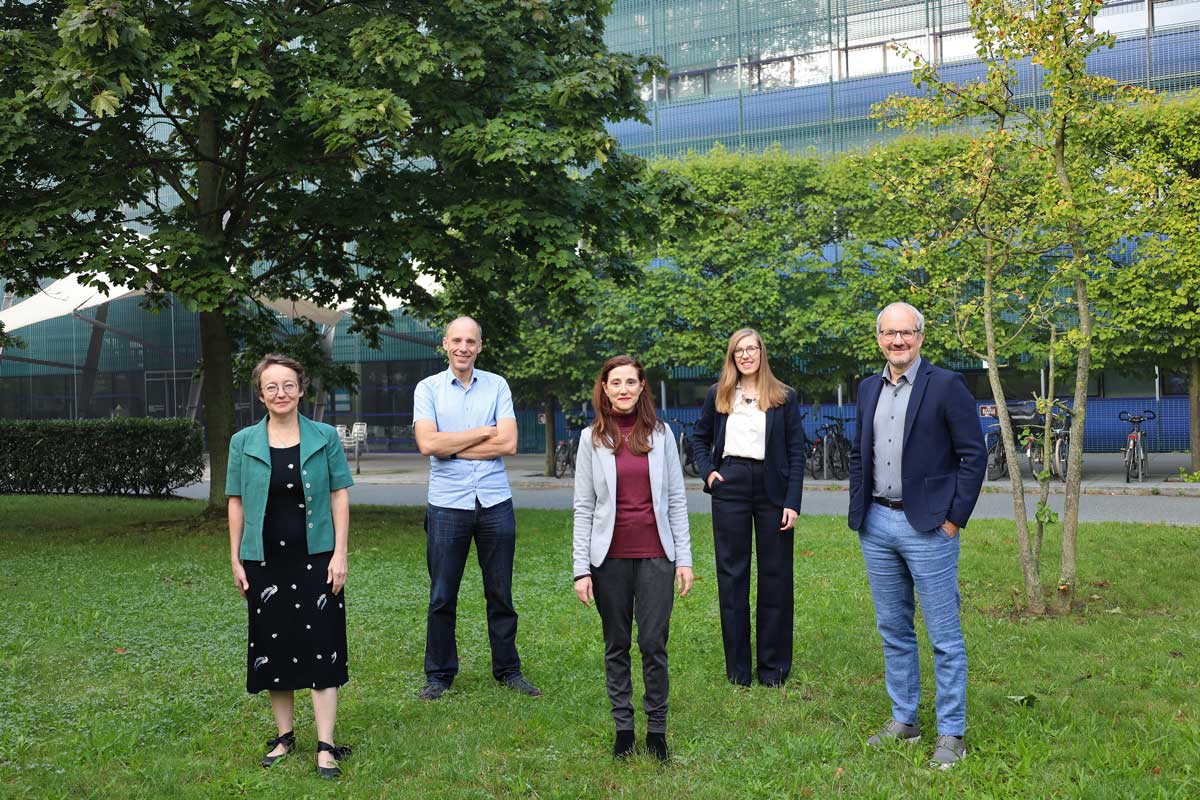
The MPI-CBG Board of Directors is currently composed of six scientific directors along with the Chief Operating Officer (COO). They operate as a team, making decisions through consensus and managing their resources as a group. The MPI-CBG directors prefer a more resource-efficient model and foster scientific innovation through independent research groups. They themselves are each a research group leader sharing centralized services and facilities with non-director research group leaders. This governance structure is unique within the Max Planck Society and is named the “Dresden Model.”
Each scientific director assumes the responsibility of Managing Director for a rotating term of two years. The Managing Director, together with the COO, oversees the administration and supports staff. The COO oversees the daily operations of the institute, while the Managing Director is responsible for overseeing the entire institute and its reporting structure. The directors meet monthly to discuss and make decisions about the institute's activities. They also have a weekly lunch, which provides a more informal setting for discussions.
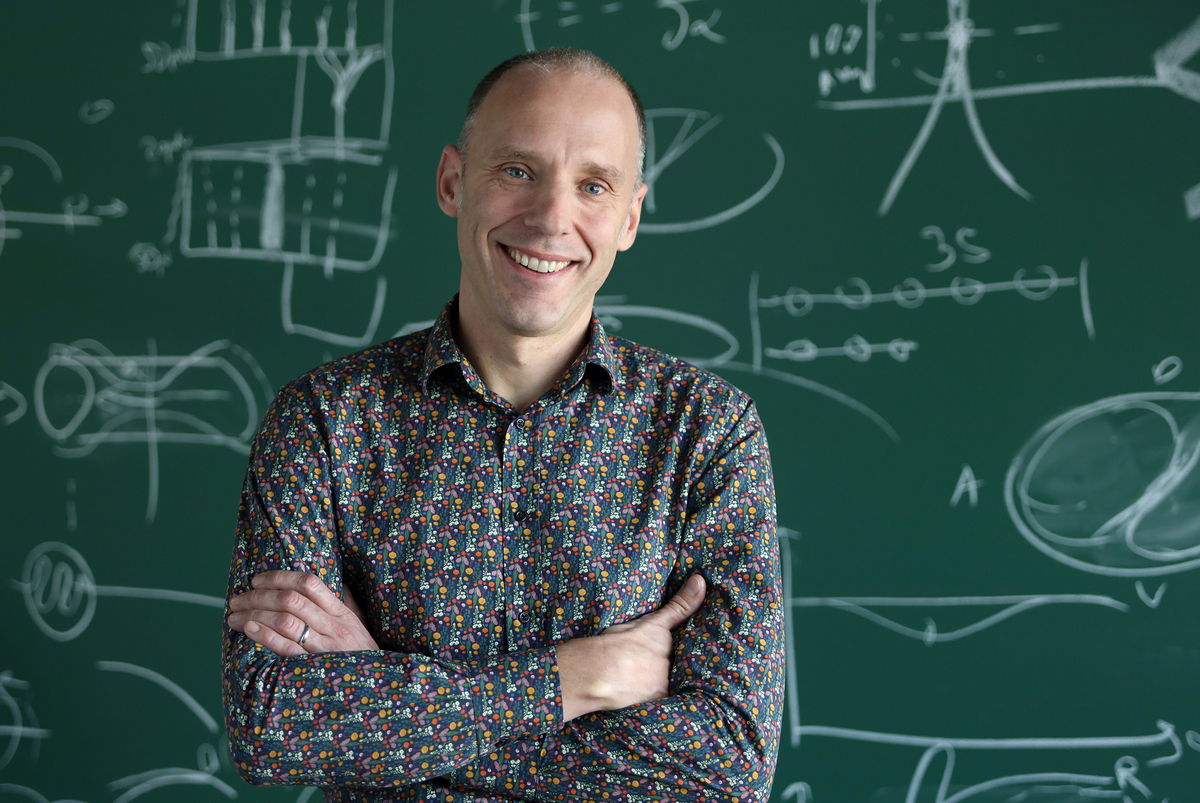
Stephan Grill was born in 1974 in Heidelberg and studied physics at the University of Heidelberg. He received his PhD from the European Molecular Biology Laboratory in Heidelberg and the University of Munich. He did his postdoctoral work first at MPI-CBG from 2002- 2003, and then continued at the University of Berkeley (USA) as a Helen Hay Whitney Foundation Postdoctoral Fellow until 2005. Stephan Grill returned to Dresden in 2006, where he worked jointly at MPI-CBG and the Max Planck Institute for Physics of Complex Systems in Dresden as a junior research group leader. He earned his habilitation in Theoretical Physics from the University of Leipzig in 2013, and was a Professor of Biophysics at the Biotechnology Center of the Technische Universität Dresden from 2013 to 2019. He was an editor of the journal Physical Review Letters from 2014 to 2019. He was founding speaker of the new Cluster of Excellence “Physics of Life” at the TU Dresden from 2018-2021, and became a director at the MPI-CBG in October 2018 where he and his group work to reveal physical concepts and principles that underly the dynamic self-organization of living matter. He has received a number of awards including the 2011 Paul Ehrlich- und Ludwig Darmstaedter-Nachwuchspreis and the 2015 Raymond and Beverly Sackler International Prize in Biophysics.
Contact the managing director: managingdirector(at)mpi-cbg.de
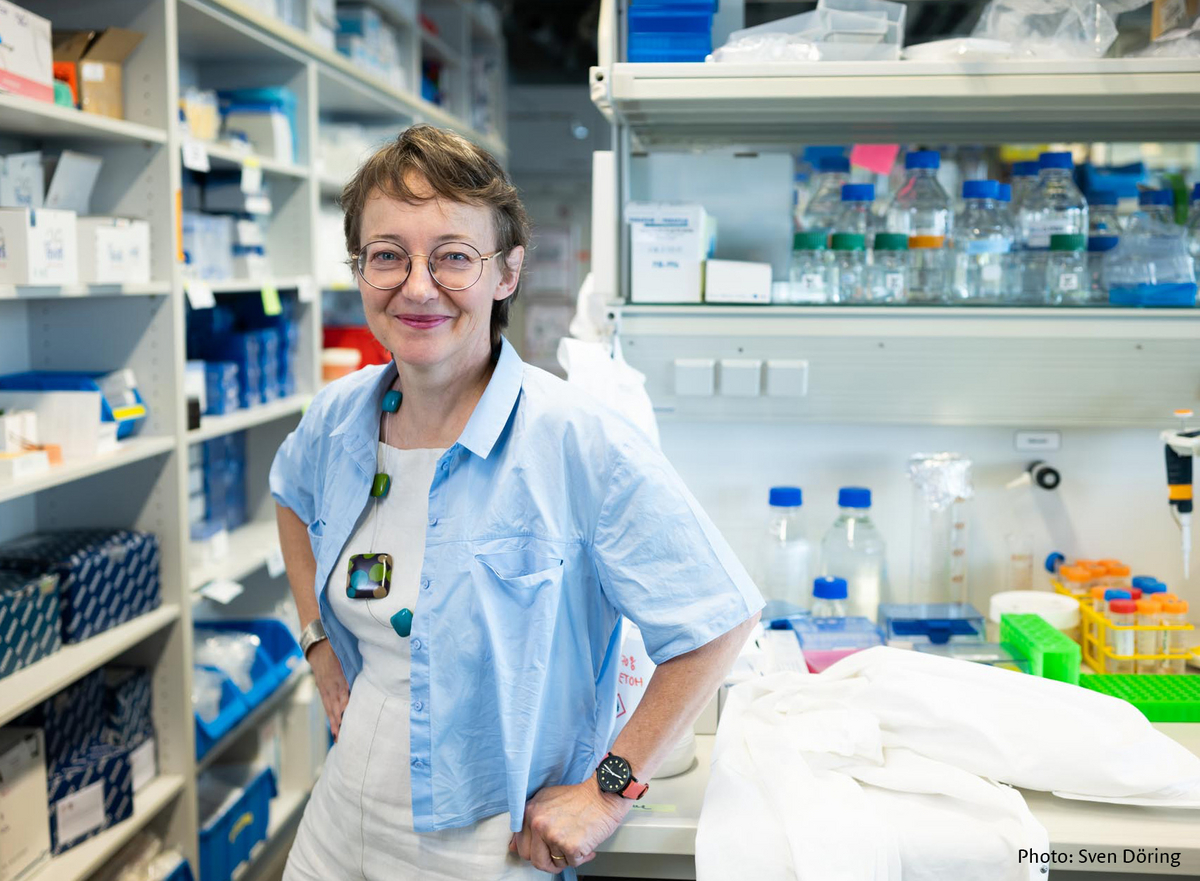
Anne Grapin-Botton was born in 1967 in La Rochelle, France. She studied biology at the UPMC University Pierre and Marie Curie and Ecole Normale Supérieure and received her PhD in Molecular and Cellular Pharmacology in 1995. She carried out postdoctoral work in Harvard University (Cambridge, USA) where she developed interest in endoderm and pancreas development. In 2001, she started her lab on Pancreas Development and Cancer at the ISREC (Swiss Institute for Experimental Cancer Research) and then EPFL (Ecole Polytechnique Fédérale de Lausanne, Switzerland). In 2012, she became professor of Developmental Biology at the Danish Stem Cell Center of the University of Copenhagen. In August 2018, Anne Grapin-Botton joined the team of Directors at the MPI-CBG and researches self-organization of cells into organ communities. Anne Grapin-Botton is the recipient of several awards and grants including, a Human Frontiers Science Program (HFSP) Long Term Fellowship.
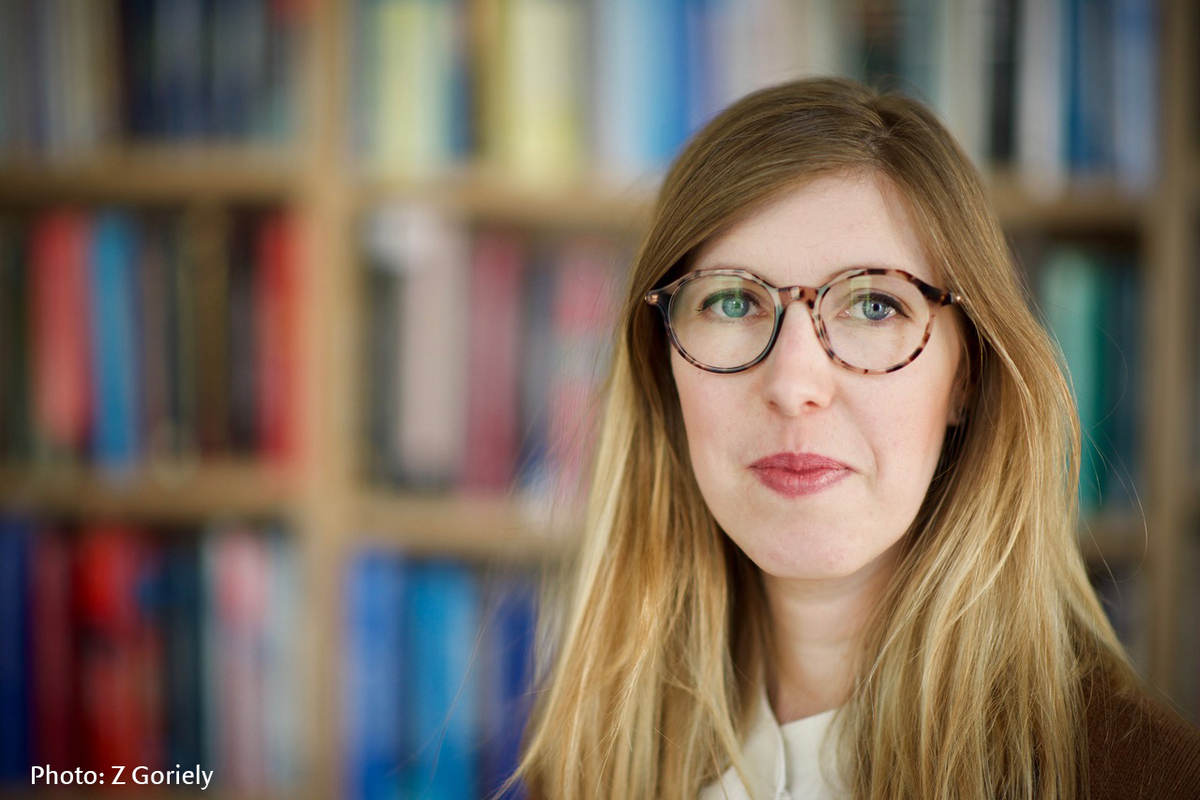
Heather A. Harrington was born in 1984 in Massachusetts, USA. She studied applied mathematics at the University of Massachusetts Amherst and graduated summa cum laude in 2006. In 2010, Heather received her Ph.D. from the Department of Mathematics at Imperial College London. After postdoctoral research in theoretical systems biology at Imperial College London from 2010 to 2013, she joined the Mathematical Institute at Oxford as a Hooke Research Fellow, an EPSRC Postdoctoral Research Fellow, and a Junior Research Fellow at St. Cross College, Oxford. In 2017, she became an associate Professor and Royal Society University Research Fellow at Oxford, where she was promoted to Professor of Mathematics in 2020. She holds affiliations with St. John’s College as a Research Fellow in Mathematics and the Sciences and the Wellcome Centre for Human Genetics as an Associate Group Leader. Heather became a director at the MPI-CBG and the Center for Systems Biology Dresden in October 2023. Her research interests are applied algebra, dynamical systems, networks, topological data analysis, and systems biology. Her research group develops mathematical approaches to study problems in the natural and medical sciences. She has received several prestigious awards, such as the Whitehead Prize of the London Mathematical Society in 2018 or the Philip Leverhulme Prize in 2020, for advances in the analysis of noisy data. She was a co-winner of the 2019 Adams Prize from the University of Cambridge.
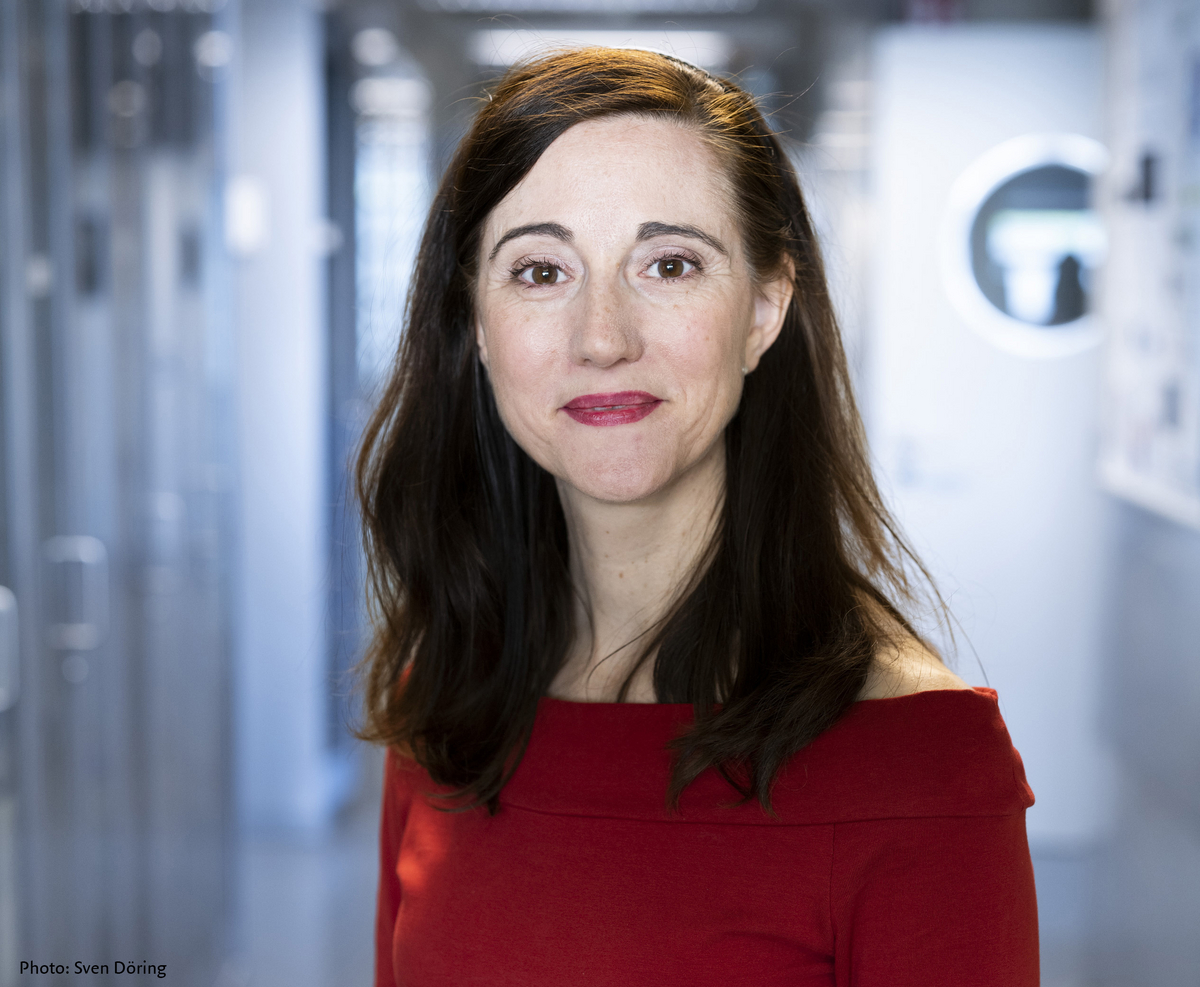
Meritxell Huch was born in 1978 in Barcelona, Spain and studied Pharmaceutical Sciences at the University of Barcelona. She obtained her PhD on Biomedicine at the Center for Genomic Regulation in Barcelona in 2007. Then, she moved to the Netherlands for her postdoc to study Adult Tissue-resident Stem Cells. There, she developed the first stomach, liver and pancreas organoids from adult tissues. In February 2014 Meritxell Huch started her own lab as a junior group leader at the Gurdon Institute at the University of Cambridge and in 2019, was awarded the first Lise Meitner excellence program award from the Max Planck Society and moved her lab to the MPI-CBG. She was appointed director at the MPI-CBG in May 2022. Her group develops organoid models to investigate the collective characteristics of multicellular mammalian tissues during homeostasis and regeneration and how diseases emerge from changes in the cellular properties and behaviors. For her pioneering work on developing organoid models, she has received several awards, including the Hamdan Award for Medical excellence, the Women in Cell Science Prize from the British Society, the EMBO Young Investigator Award, and the BINDER Prize.
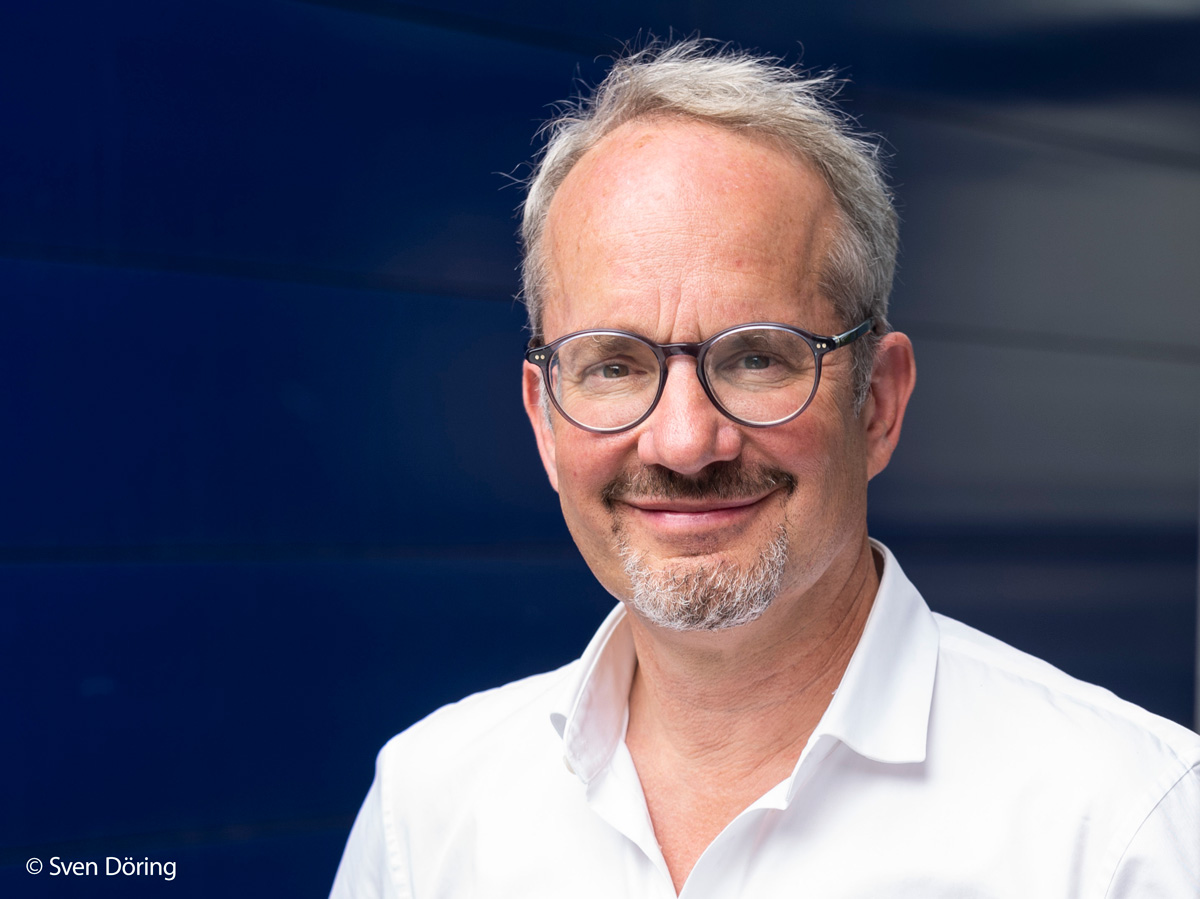
Anthony A. Hyman was born in 1962 in Haifa (Israel). Hyman was educated at the University College London and at King's College, Cambridge, where he was awarded a PhD in 1987. He did a postdoc at the University of California/San Francisco in 1988 and became group head at the European Molecular Biology Laboratory (EMBL) in Heidelberg in 1993. In 1998, Tony Hyman became one of the four Founding Directors of the MPI-CBG. He was elected a Fellow of the Royal Society in 2007 and was awarded the Gottfried Wilhelm Leibniz Prize in 2011. In 2017, Tony Hyman received the Schleiden medal from the German National Academy of Sciences Leopoldina. In February 2020, Hyman was awarded the 2020 Wiley Prize in Biomedical Sciences for his work on biomolecular condensates, and also in 2020, he was given the NOMIS Distinguished Scientist Award by the NOMIS Foundation. Hyman was elected Member of the National Academy of Sciences in April 2020. He received the 2021 HFSP Nakasone Award together with Clifford Brangwynne and he was elected a member of the German National Academy of Sciences Leopoldina in 2021. In 2022, Hyman received the Körber European Science Prize 2022. For 2023 he and Clifford Brangwynne were awarded the Breakthrough Prize in Life Sciences for discovering a fundamental mechanism of cellular organization mediated by phase separation of proteins and RNA into membraneless liquid droplets.
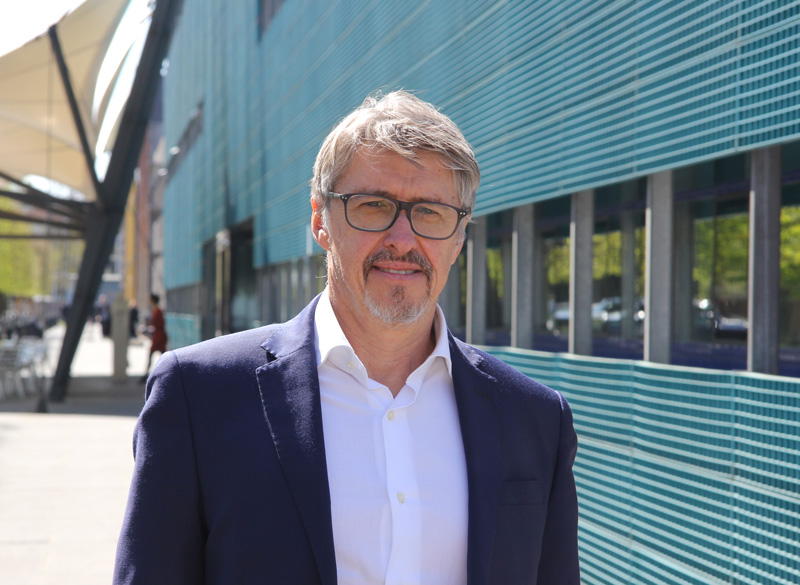
Marino Zerial studied at the University of Trieste and was awarded a Doctor Degree in Biology there in 1982. He did his postdoctoral work at the Institut J. Monod, Paris, and at the European Molecular Biology Laboratory (EMBL), Heidelberg, where he was appointed research group leader at the Cell Biology Program in 1991. Marino Zerial is one of the Founding Directors of the MPI-CBG, building up the Institute from 1998 on. He was awarded the Gottfried Wilhelm Leibniz Prize in 2008 and has been honoured with the membership of the Istituto Veneto di Scienze, Lettere ed Arti in 2019. In 2021, he became International Honorary Member of the American Academy of Arts and Sciences.